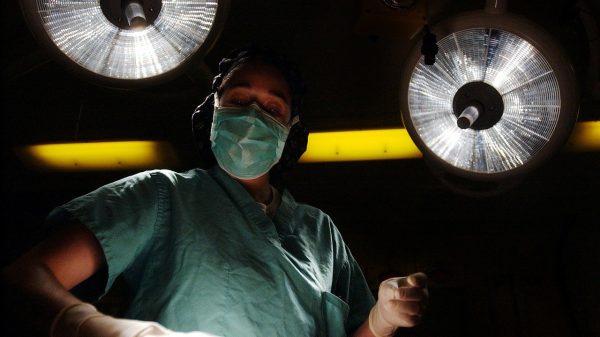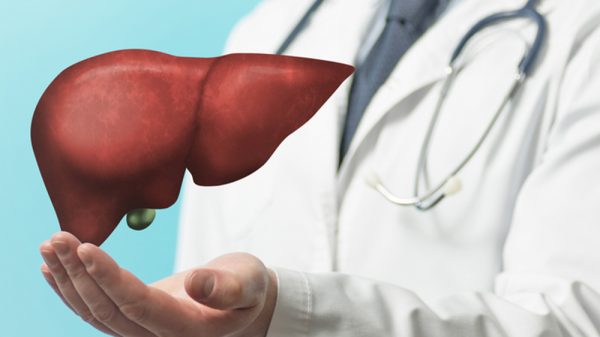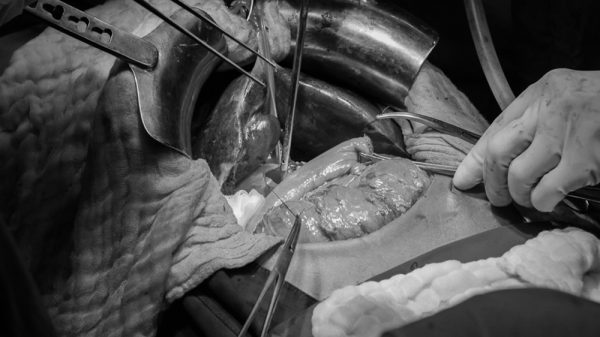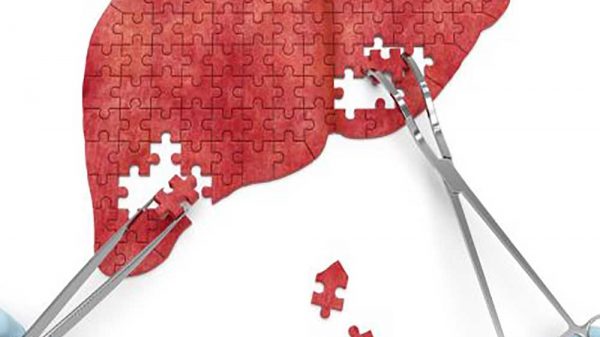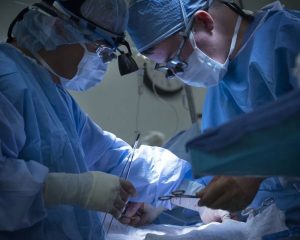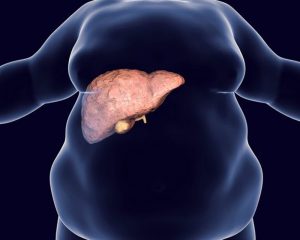Are you considering liver transplant surgery? There are various types involved including something called orthotopic liver transplant (OLT). This procedure involves changing the flow of blood vessels. It’s a very technical process. If you’re considering a liver transplant then you should know the basics including what to expect before/after the medical procedure. This will help to provide the best results, which is a critical part of the process. Fun Fact: An average human liver weighs up to 3 pounds (1.5 kg) although this figure can vary based on factors like liver health. If you have late-stage liver disease including liver cirrhosis then an organ transplant might be a procedure you should consider.
The term orthotopic means “normal place and is based on Greek”. These types of procedures involving removing the diseased liver and inserting the healthy liver in that exact place. This differs from other kinds of organ transplants that are done. Regardless of the type of liver transplant you undergo, it’s a major surgery that requires you to know the basics, including what to expect. This is critical so you’ll get the best results. For example, you should know what to expect from the surgery and likely post-operation results.
What Is Liver Transplant Surgery All About?
This is the world’ second-most common organ transplant worldwide after a kidney transplant. There are two main types of donors including deceased and live. If you have early-stage liver disease you can receive a partial liver. This involves removing the diseased portion and replacing it with the healthy liver.
However, if you’re experiencing late-stage liver disease then a whole liver transplant might be required. This is known as an “orthotopic” liver transplant and is more common than a transplant from a living donor.
However, in recent years living donor transplants have become more common. It provides various benefits like dealing with waiting lists due to not liver donors being possible. Regardless of which option you consider what’s most important is the human body needs a healthy liver in order to function properly.
The liver is the largest internal organ and is located under the ribs to the right of the abdomen. It has several key functions that help the body to function properly. The liver makes several key substances including:
- Proteins (muscles, hair, skin)
- Bile (fat-absorption)
- Blood-clotting substances
- Glucose (blood sugar)
The liver is also important for storing various substances including vitamins/minerals. It also functions in filtering toxins from a person’s blood. Another job of the liver is to detoxify/process substances the body ingests.
These are all important functions. As a machine, it’s important to maintain the liver properly through healthy food, drinking water, regular exercise, etc. The organ has an amazing benefit to repair itself. However, when you experience symptoms like scar tissue protecting the liver is unable to protect itself. This condition of late-stage liver disease is known as cirrhosis and is a serious one.
Liver transplant surgery gives you an excellent chance to start with a new liver. This can help to improve your quality of life and improve your overall health.
Orthotopic Liver Transplant: What to Expect
The process takes about 4 to 8 hours on average. This procedure usually requires the patient to go to the hospital the evening before the surgery. Then after the surgery, they have to spend some time in the intensive care unit (UCI) after a breathing tube is installed. Patients usually stay there for a couple of days.
Following the surgery patients stay in the hospital for up to 10 days or so. It usually takes up to three months for people to feel like they did pre-surgery. There’s an incision made during the surgery that looks like a car emblem on a Mercedes Benz vehicle. It’s located under the rib cage on either side and goes upwards.
All of these timeframes differ based on various factors. As always, it’s important to follow your doctor’s orders and inform him/her if there are any complications.
After the surgery, people can live their regular lives. They can wear the same clothes, eat out, and do workouts. It’s a new start so it’s critical for liver transplant patients to live a healthy lifestyle. This helps to speed up the recovery time and provide the best results.
The process of getting a green light for a liver transplant is very complex. It involves being evaluated by a special committee. You must show that your liver is beyond recovery through medications/surgery, you have the ability to cover the costs of a liver transplant, etc.
After the OLT surgery, you’re required to take certain medications. They include ones that help to deal with something called organ rejection. The human body will perceive the new liver as an attack on it. So it’s critical to take certain medications to help the body accept the new liver.
There are possible complications that might happen after your OLT surgery. This can involve different issues so it’s important to know what you might experience. In addition, in some cases, a second liver transplant is required.
Top Natural Ways to Boost Liver Health
1. Get hepatitis vaccines
Make sure to vaccines for Hepatitis A/B. This will help to protect you from the disease. These vaccines are quite affordable so it’s practical to use them as a way of boosting your liver health. Sometimes you can even purchase products that include combos of vaccines for multiple types of hepatitis.
2. Follow medicine directions
Make sure to follow the directions to a tee. This can help to protect your liver and help prevent possible issues. Make sure to never mix medicines with alcohol/drugs since this can cause various possible issues including liver health. You should also talk to your doctor before taking any new herbs, supplements, or prescription meds.
3. Limit alcohol consumption
Make sure to minimize alcohol consumption if you already have liver issues. If you want to be on the safe side then quit cold turkey to help protect your liver cells/tissues.
4. Don’t do illegal drugs
This is important for various reasons. However, one of the main benefits is it can help to protect your liver. There are various possible causes of liver conditions but it’s better to be on the safe side.
5. Be careful about blood exposure
If you’re exposed to blood then it’s important to visit your doctor’s office immediately. This is critical to make sure you get treatments to help protect your liver health. If you’re really worried about the situation then visit a hospital emergency room. This can provide you with any treatment needed to minimize risks to your liver health.
6. Wash your hands
Make sure to wash your hands at least 10 times per day. That includes times like before eating meals. This can help to maintain good health and improve your organs’ health including the liver. Some liver conditions are related to bacteria so you can reduce your risk by washing hands and reducing your risk of an orthotopic liver transplant.
